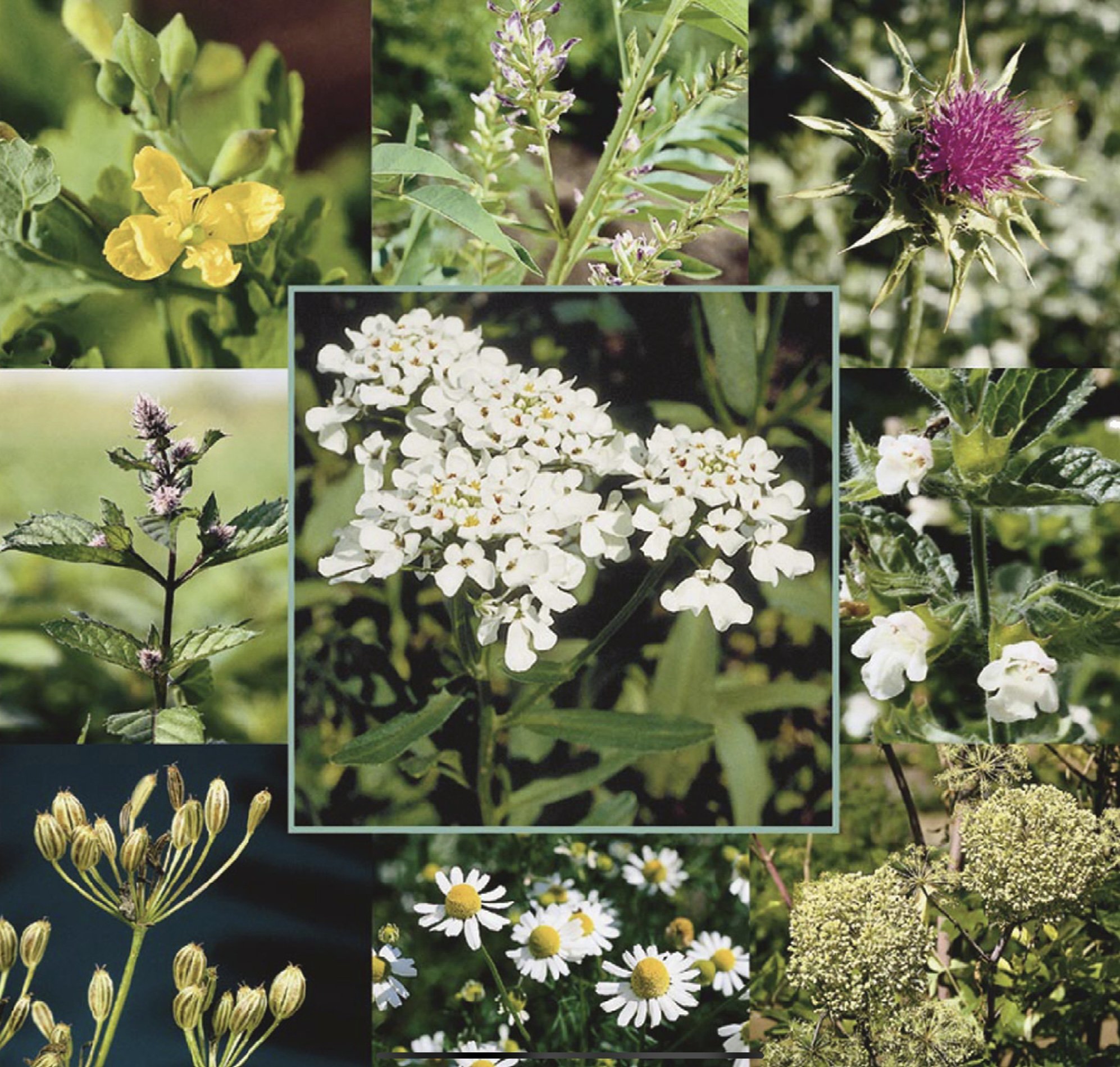
Plant Wisdom Course
Every plant is a natural-born chemist. Understand why plants create potent anti-inflammatory compounds to heal themselves and how they can be used for human health.
Explore the arsenal of chemicals plants produce to deter predators, and learn how we can harness these compounds in botanical products.
Plants make anti-inflammatory molecules to heal themselves. Interestingly, these molecules can also have beneficial effects on human health.
Moreover, plants produce chemicals to defend against predators like insects and animals. Humans can also harness these for medical purposes.
It's also fascinating to note that animals, including birds, insects, and mammals such as chimpanzees, monkeys, dogs, and bears, utilize plants as medicine.
By grasping these principles, we significantly enhance our comprehension and application of botanical medicine.
This course isn't just about learning; it's about transforming your perspective and approach to botanical medicine. Whether you're a hemp/CBD enthusiast, a natural product developer, or fascinated by the healing power of plants, this course is a gateway to a deeper understanding and practical application of botanical wisdom.
-
-
Plants are Natural Chemists at Crafting a Bounty of Medicinal Chemicals
Plants are natural chemists, expertly crafting an array of molecules, including medicinal compounds.
Plants harvest carbon from the air to create healing chemicals like terpenes, flavonoids, and cannabinoids.
Plants are natural chemists, expertly crafting an array of molecules, including medicinal compounds.
Plants harvest carbon from the air to create healing chemicals like terpenes, flavonoids, and cannabinoids.
-
-
-
The Intricate Dance of Plant Chemical Defense
How do plants make molecules that protect themselves from being eaten by insects and other organisms?
And how might these plant molecules that plants use to target insects and other creatures be helpful in humans?
Learn how plants make molecules, including glucosinolates, tannins, astringents, and others for self-defense, which can also be used in humans for healing.
How do plants make molecules that protect themselves from being eaten by insects and other organisms?
And how might these plant molecules that plants use to target insects and other creatures be helpful in humans?
Learn how plants make molecules, including glucosinolates, tannins, astringents, and others for self-defense, which can also be used in humans for healing.
-
-
-
The Molecular Language of Plant-Animal Interactions
Plants create molecules specifically to interact with the neural biology of organisms in their environment. Learn how the specific targeting of these molecules can frequently benefit humans and human health.
Plants create molecules specifically to interact with the neural biology of organisms in their environment. Learn how the specific targeting of these molecules can frequently benefit humans and human health.
-
-
-
The Power of Alkaloids: From Plant Defense to Human Therapy
Alkaloids also have therapeutic potential. Caffeine, a well-known alkaloid, keeps us awake.
Quinine from the Cinchona tree treats malaria, and capsaicin from chili peppers alleviates pain, reduces inflammation, and boosts metabolism.
Learn how plants harness alkaloids for self-defense and why these can be so helpful for humans.
Alkaloids also have therapeutic potential. Caffeine, a well-known alkaloid, keeps us awake.
Quinine from the Cinchona tree treats malaria, and capsaicin from chili peppers alleviates pain, reduces inflammation, and boosts metabolism.
Learn how plants harness alkaloids for self-defense and why these can be so helpful for humans.
-
-
-
Chemical Linguistics: Unseen Communications Between Plants and Animals
Plants are not mere spectators in nature; they actively communicate using chemical mixtures, impacting interactions in their environment.
This precise form of chemical communication can lead to advancements in botanical medicine.
Learn how these mechanisms of chemical communication reveal an exciting arena of potential effects on human health, particularly with complex terpene blends.
Plants are not mere spectators in nature; they actively communicate using chemical mixtures, impacting interactions in their environment.
This precise form of chemical communication can lead to advancements in botanical medicine.
Learn how these mechanisms of chemical communication reveal an exciting arena of potential effects on human health, particularly with complex terpene blends.
-
-
-
-
How Do Mammals Use Plants to Heal Themselves
A pregnant elephant in East Africa once traveled 28 miles to a specific tree, consumed its leaves and bark, and shortly after, gave birth. Kenyan women use this tree for childbirth.
In India and Mexico, wild boars consume roots to treat worm infestations. Dogs choose grasses like quack grass, known for aiding kidney function and microbial control.
What can the animal use of botanicals teach us about the human use of plants?
A pregnant elephant in East Africa once traveled 28 miles to a specific tree, consumed its leaves and bark, and shortly after, gave birth. Kenyan women use this tree for childbirth.
In India and Mexico, wild boars consume roots to treat worm infestations. Dogs choose grasses like quack grass, known for aiding kidney function and microbial control.
What can the animal use of botanicals teach us about the human use of plants?
-
-
-
How Plants Produce Specific Molecules to Heal Themselves from Injury
Plants are remarkable chemists, synthesizing a myriad of compounds for self-maintenance and defense. Find out how plants produce anti-inflammatory substances like salicylic acid, curcumin, and many other chemicals humans can utilize for our own health benefits.
Plants are remarkable chemists, synthesizing a myriad of compounds for self-maintenance and defense. Find out how plants produce anti-inflammatory substances like salicylic acid, curcumin, and many other chemicals humans can utilize for our own health benefits.
-
PLANTS ARE NATURAL CHEMISTS.
How Plant-Generated Molecules Create Healing for Humans
All plants are chemists. Plants make anti-inflammatory molecules to heal themselves. Interestingly, these molecules can also have beneficial effects on human health.
Moreover, plants produce chemicals to defend against predators like insects and animals. Humans can also harness these for medical purposes.
It's also fascinating to note that animals, including birds, insects, and mammals such as chimpanzees, monkeys, dogs, and bears, utilize plants as medicine.
By grasping these principles, we significantly enhance our comprehension and application of botanical medicine.

